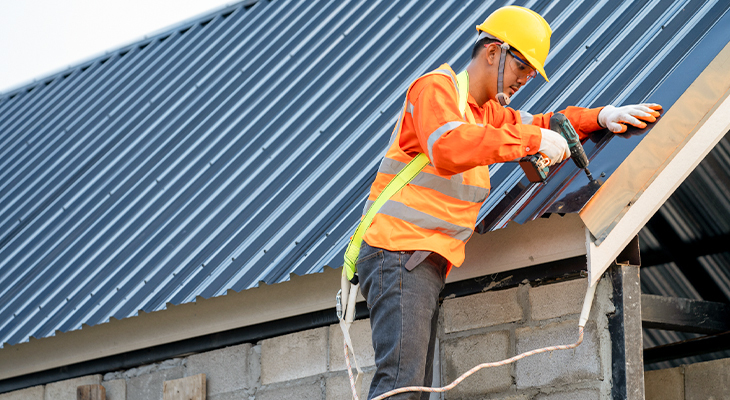When investing in a new roof for your home, understanding the warranties associated with different roofing materials is essential. Roofing warranties provide homeowners with peace of mind and protection against defects, premature failure, and other issues that may arise after installation. In this blog post, we’ll explore the ins and outs of roofing warranties to help you make informed decisions when choosing the right roofing material for your home.
- Types of Roofing Warranties: There are typically two types of warranties offered by roofing manufacturers: material warranties and labor warranties. Material warranties cover defects in the roofing materials themselves, such as manufacturing defects or premature deterioration. Labor warranties, on the other hand, cover the installation workmanship and ensure that the roof is installed correctly.
- Duration of Warranties: Roofing warranties vary in duration depending on the type of material and the manufacturer. Some warranties may offer coverage for 10, 20, or even 50 years or more. It’s essential to carefully review the terms and conditions of the warranty to understand what is covered and for how long.
- What’s Covered: Roofing warranties typically cover defects in materials and workmanship, such as leaks, shingle delamination, or flashing failure. However, it’s essential to read the warranty carefully to understand what specific issues are covered and any exclusions that may apply.
- Exclusions and Limitations: While roofing warranties provide valuable protection, they often come with exclusions and limitations that may void the warranty under certain circumstances. Common exclusions may include damage caused by natural disasters, improper installation, or lack of proper maintenance. Understanding these exclusions is critical to ensuring that your warranty remains valid.
- Transferability: Some roofing warranties are transferable, meaning they can be transferred to a new homeowner if you sell your home during the warranty period. This can be a valuable selling point when listing your home for sale and provides added assurance to potential buyers.
- Maintenance Requirements: Many roofing warranties require homeowners to perform regular maintenance to keep the warranty valid. This may include tasks such as annual inspections, gutter cleaning, and prompt repairs of any damage. Failure to adhere to these maintenance requirements may void the warranty, so it’s essential to understand and follow them diligently.
In conclusion, understanding the details of roofing warranties is crucial for protecting your investment and ensuring peace of mind. Before selecting a roofing material or contractor, be sure to inquire about the available warranties and carefully review the terms and conditions. At Zilla Roofing, we are committed to transparency and customer satisfaction, and we’ll gladly answer any questions you may have about roofing warranties. Contact us today to learn more about our roofing services and warranty options.

